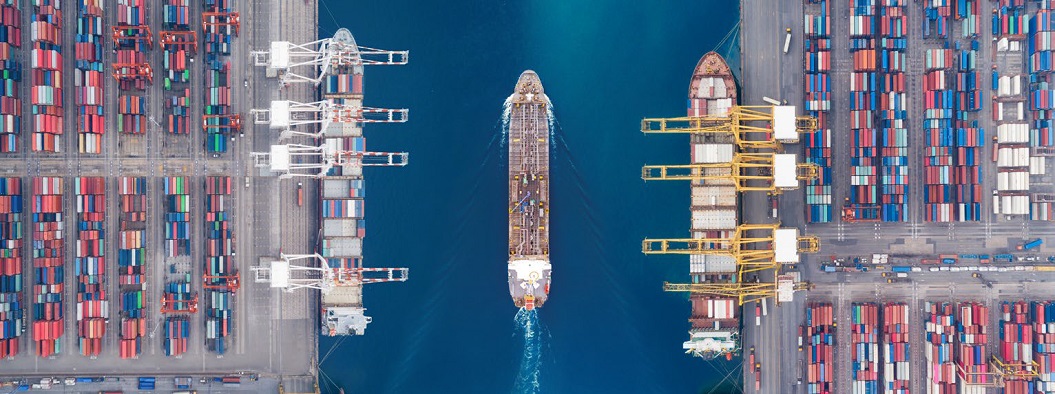When Boris Johnson first mentioned freeports during the 2019 Conservative Leadership Election, it was the first time that a high-profile politician had publicly and unreservedly supported a policy which could have a transformational impact on UK trade, boosting jobs and investment in some of the areas that need it most.
Freeports have garnered a lot of media attention over the last six months. However, prior to this a great amount of work was going on behind the scenes to push the concept to the top of the political agenda. In 2016, a newly elected and relatively unknown backbench MP published The Freeports Opportunity, with support of the Centre for Policy Studies. That MP is now the Chancellor of the Exchequer. Having read Rishi Sunak’s proposals with great interest, a local conversation began engaging ABP’s team on the Humber, local businesses and the local authority to gauge interest. Unsurprisingly, interest was high.
In 2018, I launched the All-Party Parliamentary Group for Freeports which lobbied the Government for the creation of freeports across the UK. The Group successfully convinced scores of ministers, including two Secretaries of State for International Trade, Liam Fox and Liz Truss, of the merits of the proposal.
The argument was straightforward. As an island nation, we have always been reliant on ports for trade. Post-Brexit, we had an opportunity to implement a policy that would turbocharge our ports by discarding red tape, bureaucracy and costly tariffs thereby creating jobs and boosting local economies.
The point could not be made often enough that there are already 3,500 freeports in operation around the world, but not a single one in the UK. This put us at a considerable disadvantage with a serious risk of slipping behind some of our trading partners and competitors.
The moment when most individuals we lobbied became supportive was when they realised that this was a policy that would disproportionally benefit the North. Former Treasury economist Chris Walker found that declaring seven northern ports (Grimsby & Immingham, Hull, Liverpool, Manchester Airport, Teesport and Port of Tyne) as freeports would boost trade by £12 billion and create 150,000 jobs in the North. This represents more than 80,000 new highly skilled jobs and £4.7 billion extra in Yorkshire and the Humber alone.
ABP owns and controls much of the port infrastructure in my constituency and surrounding areas and is incredibly positive about the prospect of freeports being rolled out across the country. ABP’s operations in the Humber are extensive and the potential opportunities that freeports present, particularly in relation to the Grimsby/ Immingham complex – the largest in the country by tonnage – were hard to resist.
A freeport programme would, by default, target areas of high unemployment and deprivation. These tend to be found in rural and coastal communities which have weak or no links with the UK’s large cities. Grimsby and Immingham have been ranked in the bottom quartile of deprived areas so a policy which leads to a boost of investment in these areas should be universally welcomed.
Re-balancing the economy to correct the North/South divide is a mission of every government but we have yet to achieve it. In 2016 the northern economy created £330 billion of economic output but, had North and South been balanced, this would have been around £400 billion. That’s £70 billion more – equivalent to £1,500 per northern household. It proved difficult not to be excited by a policy which could unleash the untapped potential of the North.
Projections show that freeports could close the North-South productivity gap by 15% which would be a welcome step to rebalancing the UK economy. High skilled jobs could be created in some of the most deprived parts of the country. Furthermore, this can be done through organic growth, providing northern businesses with the tools they need to drive their own success and, consequently, that of the country.
If done properly, there would be numerous benefits for major port operators like ABP. The Government has consulted on its plans with an initial commitment to create 10 freeports across the country. The aim is to open the bidding stage later this year, following a careful consideration of the consultation submissions. Whether this may be set back owing to COVID-19 is unclear. However, the APPG will work with the industry to push the Government to act as quickly as possible and create a freeport programme that gives the UK ports sector the best chance of thriving.


